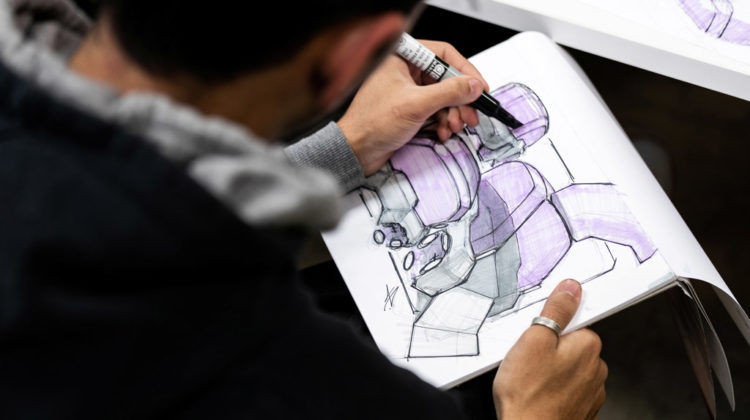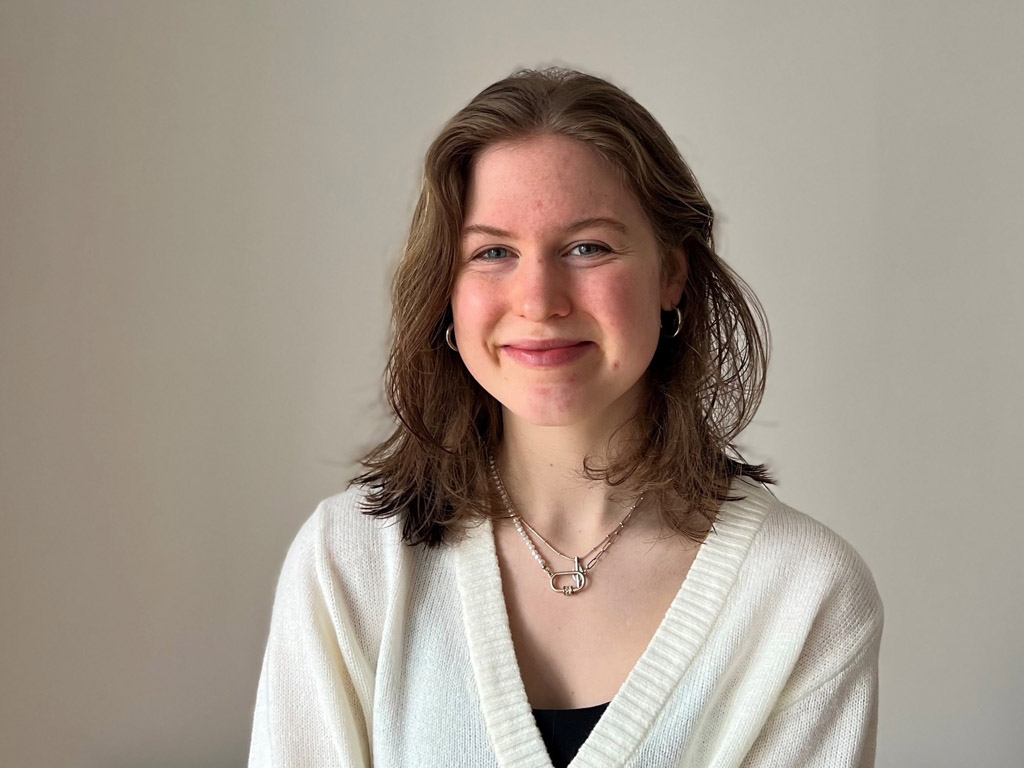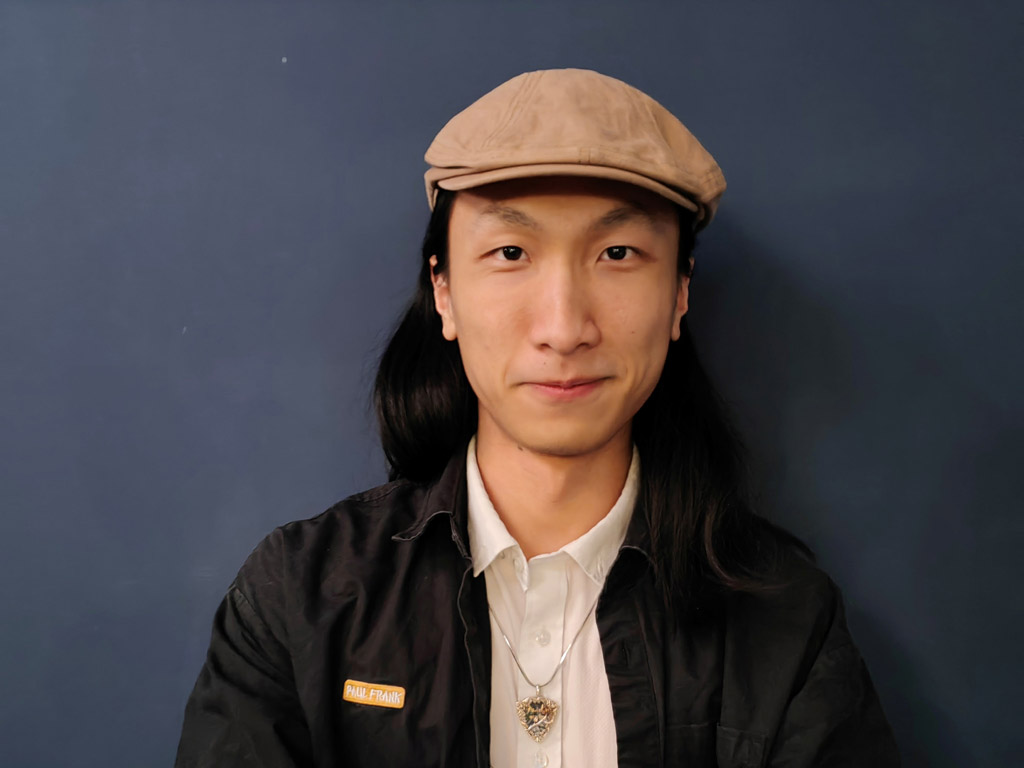
Accessibility charity Motability Operations and Warwickshire-based design and engineering business CALLUM have selected two students to help design and engineer an electric wheelchair-accessible vehicle (eWAV) prototype with the aim of encouraging industry innovation and helping to ensure future EV mobility is accessible for all.
Zoe Graham, a fourth-year Bachelor of Engineering student of product design engineering at the Glasgow School of Art/Glasgow University, and Yikuan Zhang, a third-year Bachelor of Arts student studying automotive and transportation design at Coventry University, impressed the judging panel with their eWAV concepts, which were developed at ‘design hacks’ held at their respective universities. Both students will receive a paid placement at CALLUM to progress an eWAV prototype under the guidance of its design director, Ian Callum CBE, and engineering director, Adam Donfrancesco, as well as the support of Motability Operations and insights from its customers.
The project is also being supported by a group of automotive OEMs, along with some of the WAV industry converters, who will share engineering insight into vehicle models to assist the design and engineering project.
‘Upon reading the eWAV brief, I felt inspired,’ said 22-yaer-old Dumfries-born Graham. ‘It’s such an important and interesting design and engineering problem that could really benefit people. Even as a schoolchild, I wanted to make robotic limbs for people with disabilities. I would like to use my skills to design products that continue to improve the quality of people’s lives. With my initial eWAV design, I wanted the user to have the best experience possible while also offering something “cool” that has the new-age, exciting feel that most electric cars have today.’

‘I entered the design hack to challenge myself with this interesting and meaningful design task,’ said 24-year-old Zhang, an overseas student from Xiamen, China. ‘In my career, I want to understand our society, solve problems with better design and ultimately bring positive changes to society. I believe that key to a successful eWAV design is an idea that is practical, can be mass produced and makes as little impact as possible to the vehicle architecture so that more car manufacturers will be willing to support it. I’m excited to work with CALLUM to design, engineer and bring an eWAV into reality.’

Motability Operations supplies about 30,000 WAVs through the Motability Scheme, with around 4,000 applications each year for the small and medium WAVs that are generally less cumbersome and cheaper to run. However, these customers face additional practical challenges and higher costs as the industry moves towards EVs. The architecture of an EV, with the battery located in the floor, proves problematic for eWAV conversion as it reduces internal height and usable space in the cabin while also limiting the available payload.
Almost 150 students took part in design hacks organised by CALLUM and Motability Operations at both Coventry University and the Glasgow School of Art, where they proposed solutions to this complex issue with the aim of providing accessibility and utilising internal space.
Callum was impressed by the ingenuity of the solutions suggested by attendees. ‘This is an incredibly complex problem that needs to be addressed today to ensure that no-one is left behind as the automotive industry moves towards its next electric evolution,’ he said. ‘It’s wonderful to get a glimpse at the next generation of talent and ideas that will soon enter the sector.’
During the judging process, the teams at CALLUM and Motability Operations were impressed by Graham’s creativity and how she conveyed her novel solution, which has the potential to create more space for users. Zhang also piqued the teams’ interest with how he addressed the battery packaging and provided a creative solution with stackable seats.
‘Both Zoe and Yikuan stood out for their understanding of the brief, their novel and creative ideas and how well they were able to communicate these,’ Callum continued. ‘At CALLUM, we understand the importance of supporting the next generation of talent, of nurturing the innovators of tomorrow and sharing ideas and knowledge. We are looking forward to working with them to develop a viable, scalable eWAV solution to drive further innovation in the field and support all motorists to make the transition to EVs.’
‘WAVs provide freedom and independence for lots of our Motability Scheme customers every day,’ said Andrew Miller, CEO of Motability Operations. ‘Solving this problem is vital, so we can support our WAV drivers when they switch to an electric vehicle in the future. Everyone at Motability Operations is excited to see this opportunity come to life and we hope Zoe and Yikuan, along with the team at CALLUM, can develop a working solution for the WAV industry.’
Graham and Zhang will begin work with the CALLUM design and engineering teams in March to develop an eWAV prototype that will be revealed in late autumn 2023.


